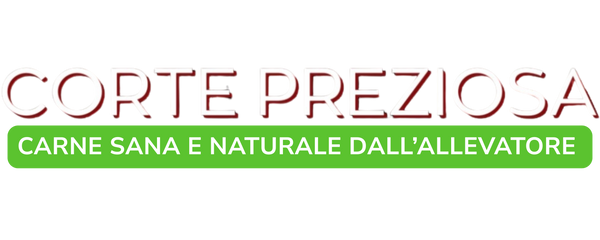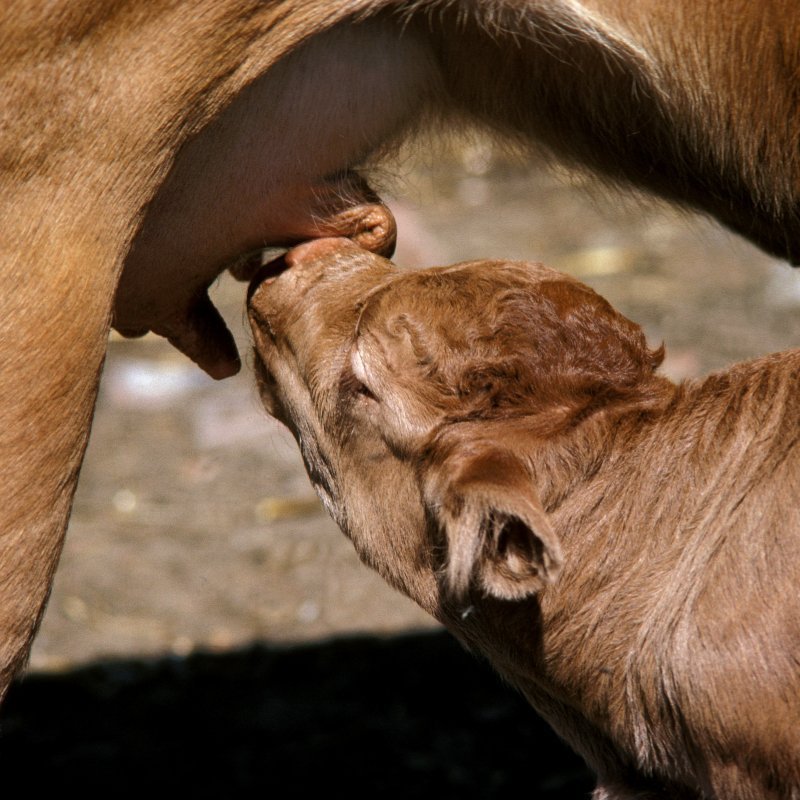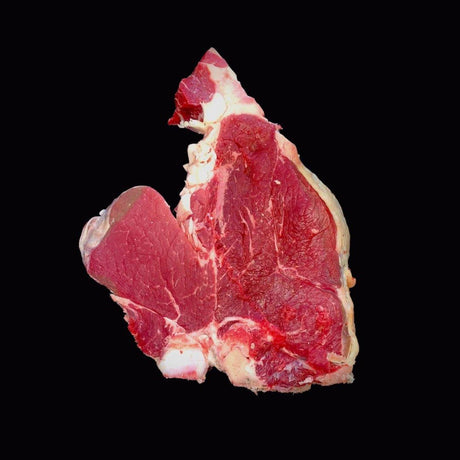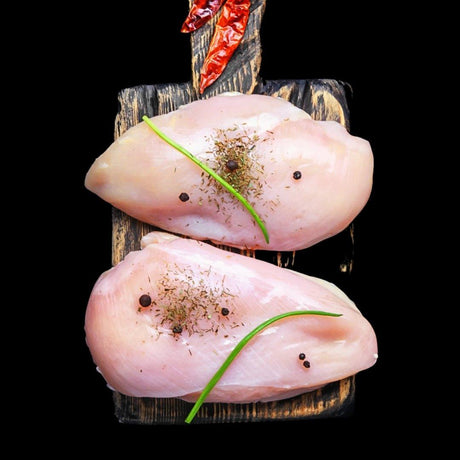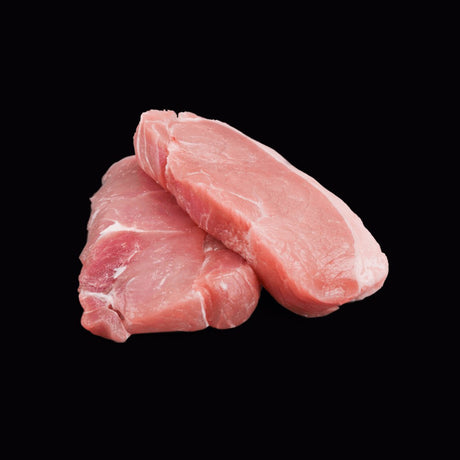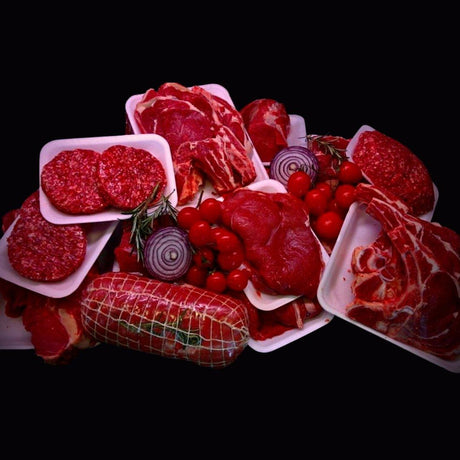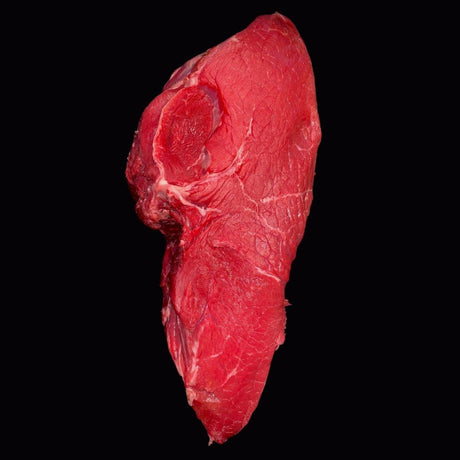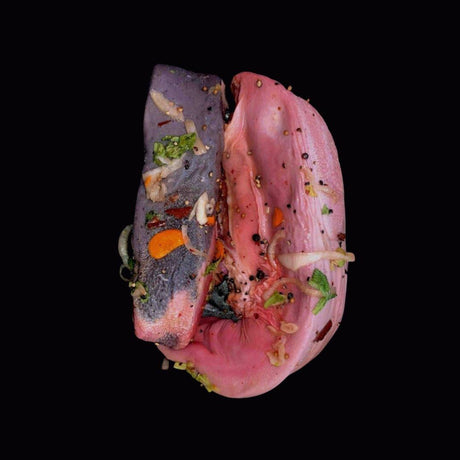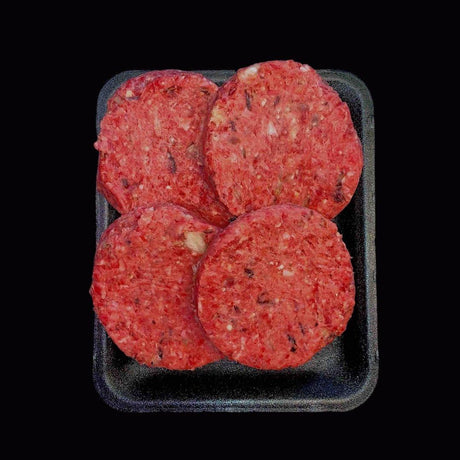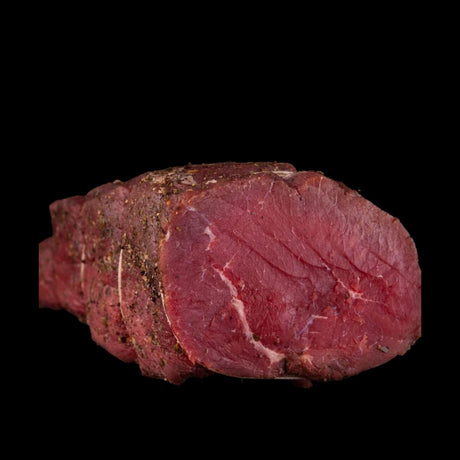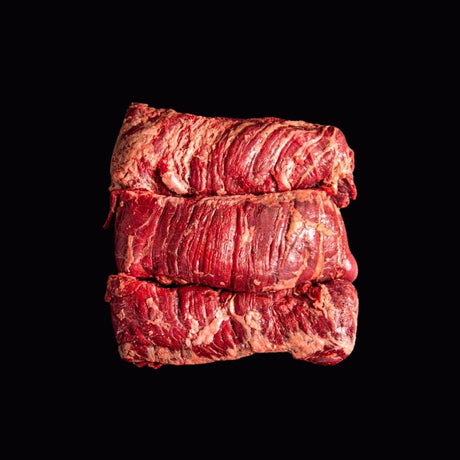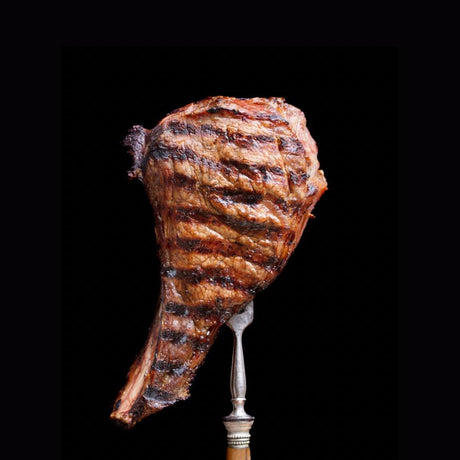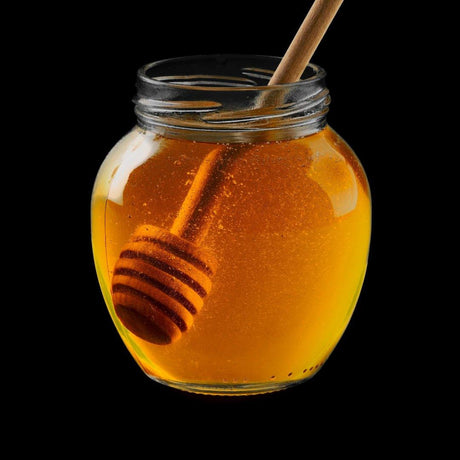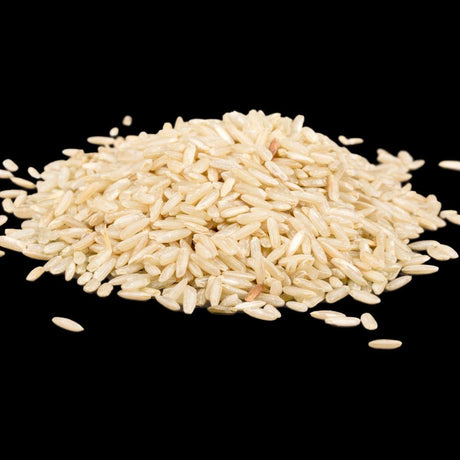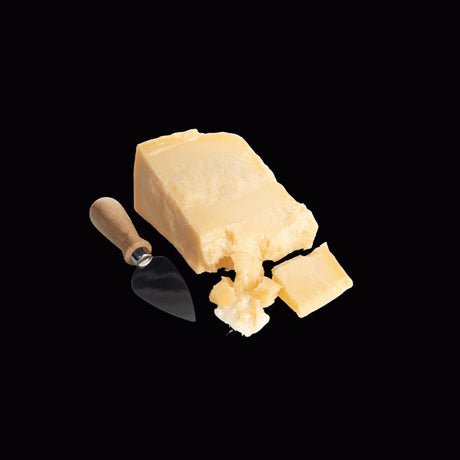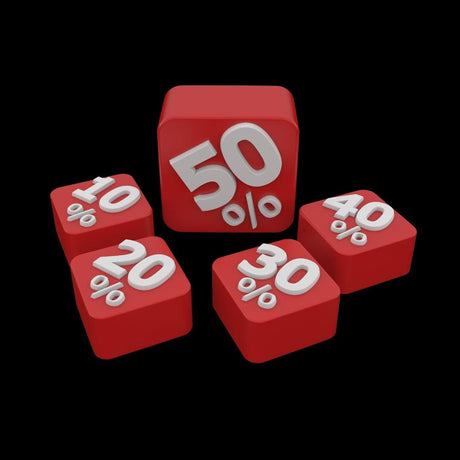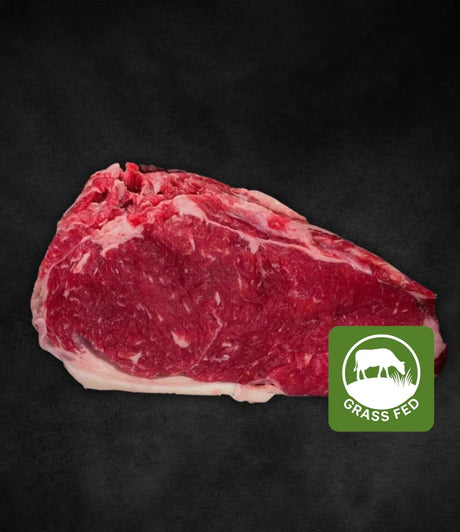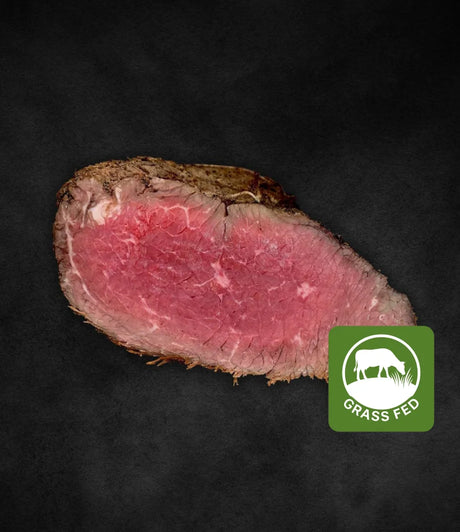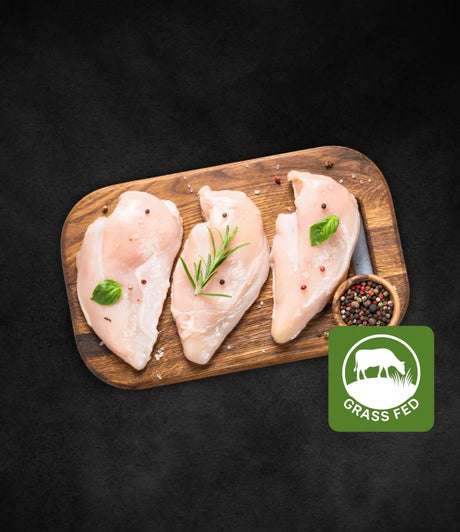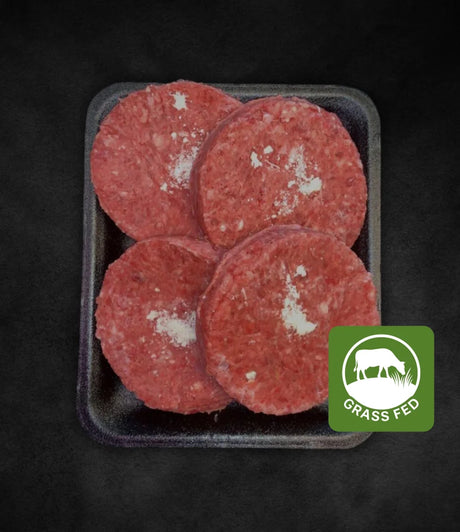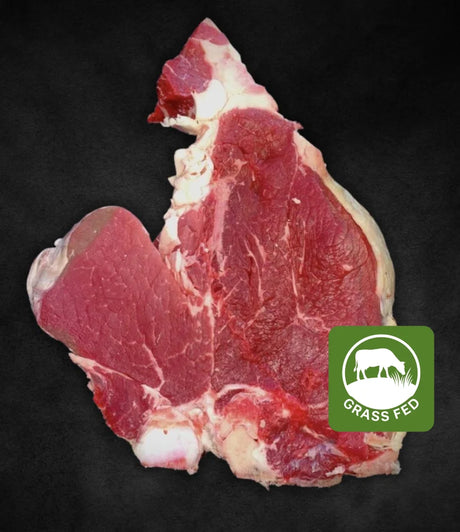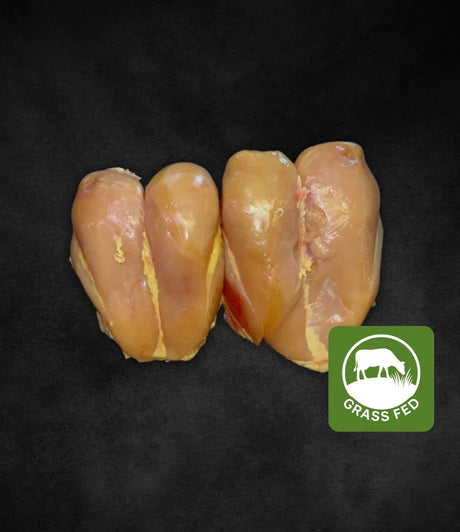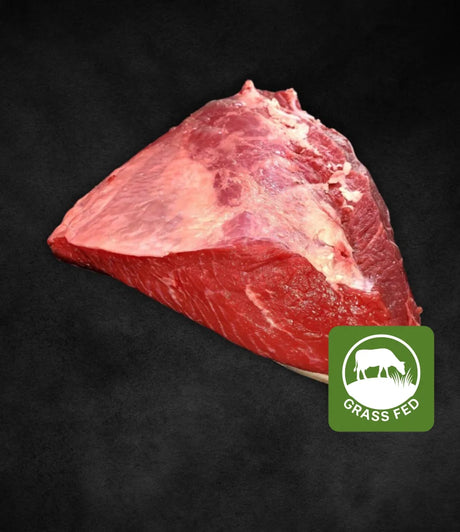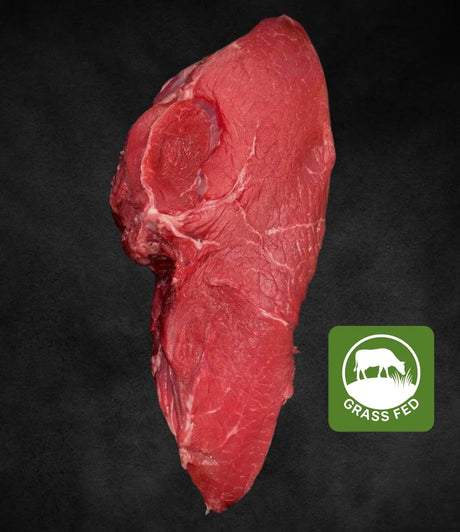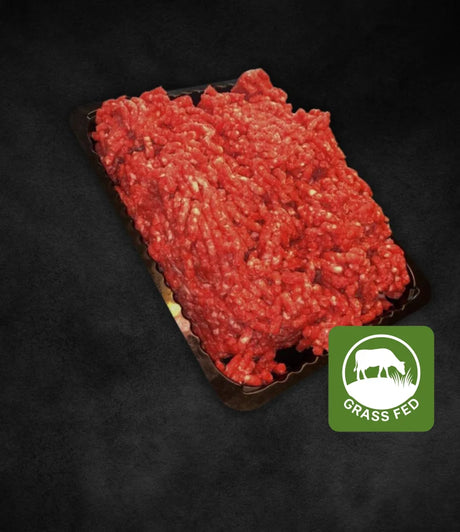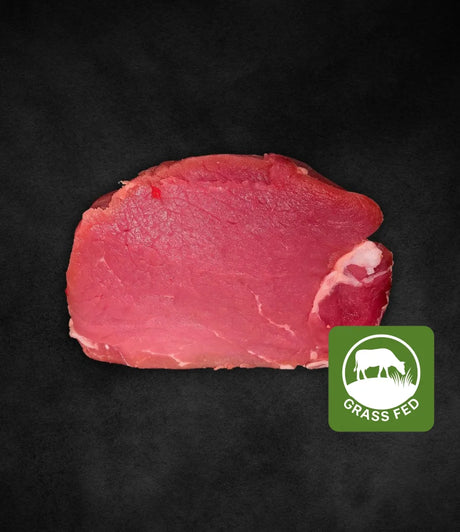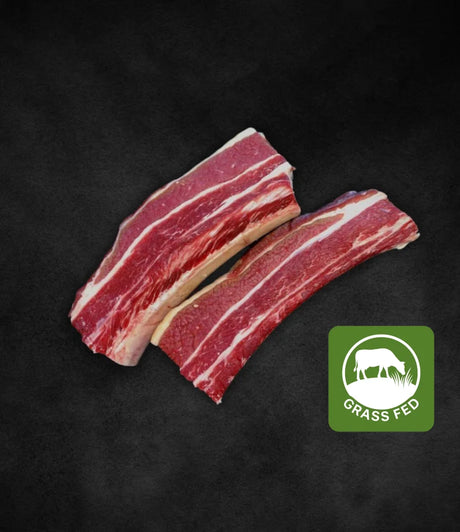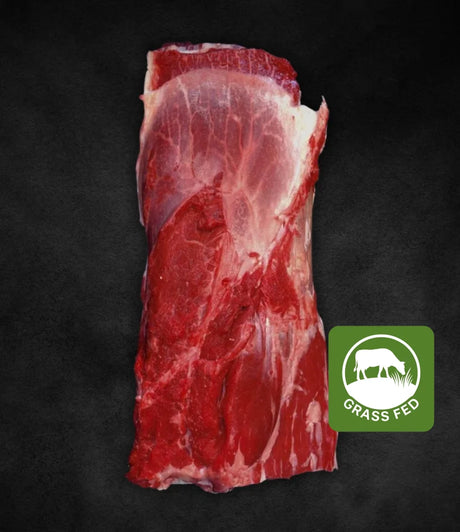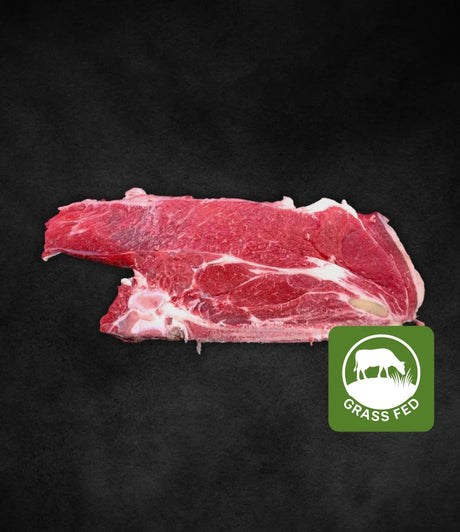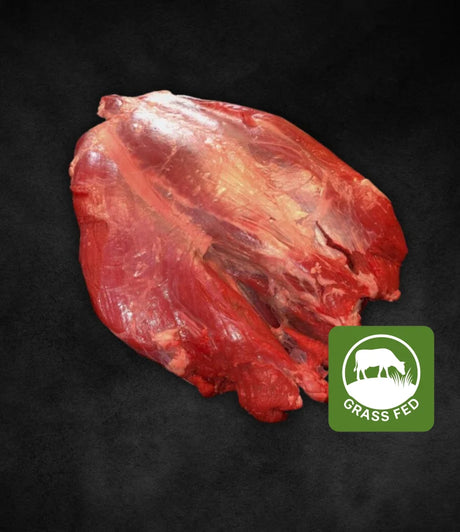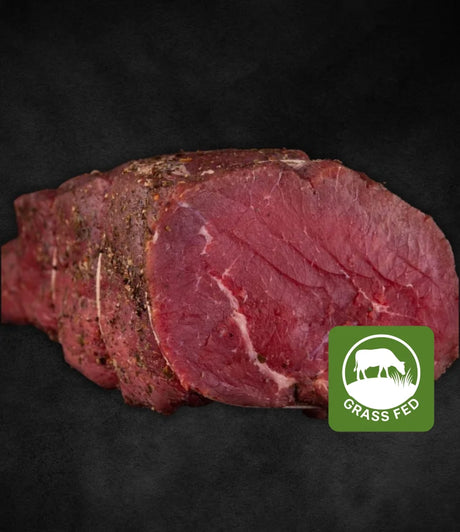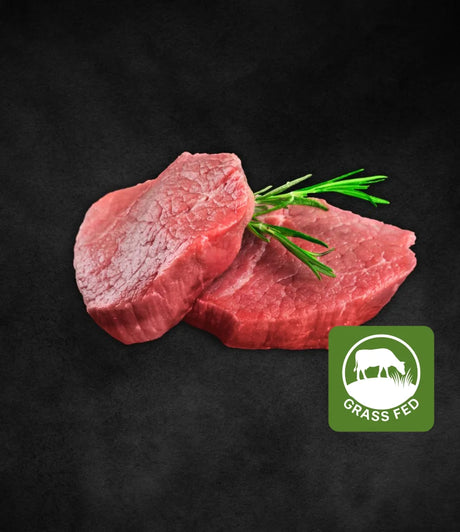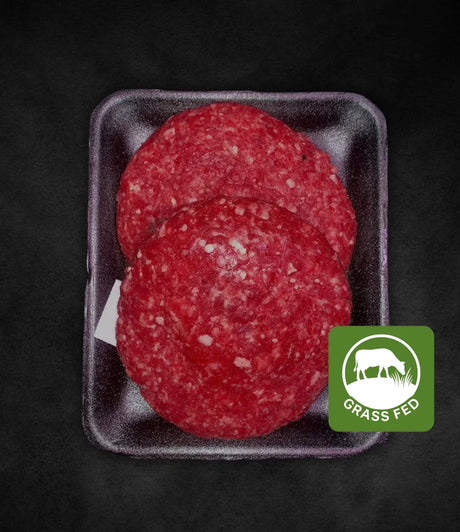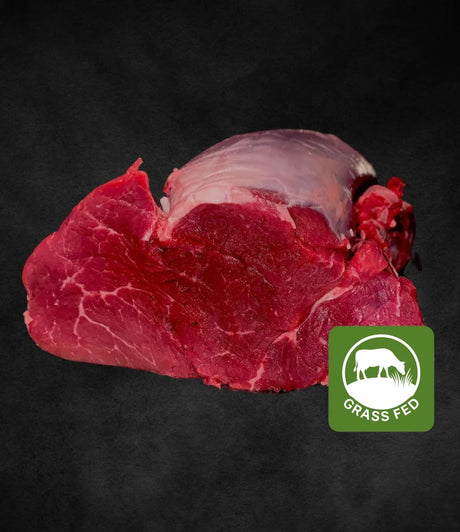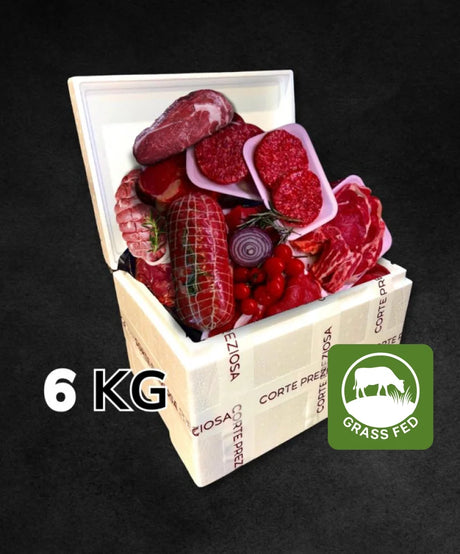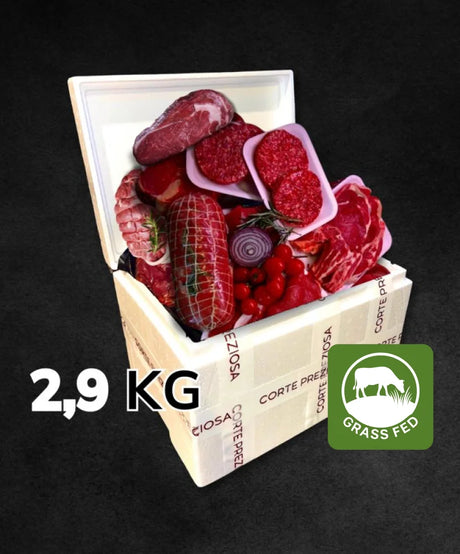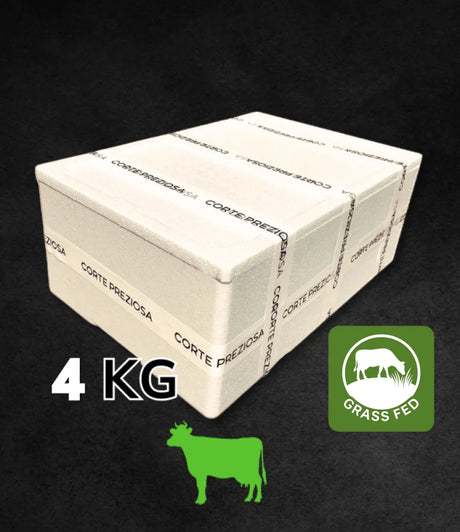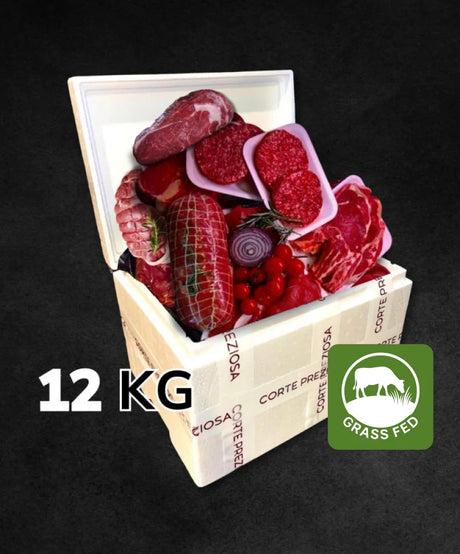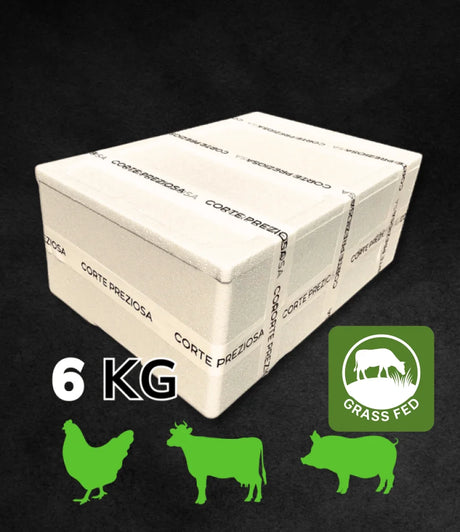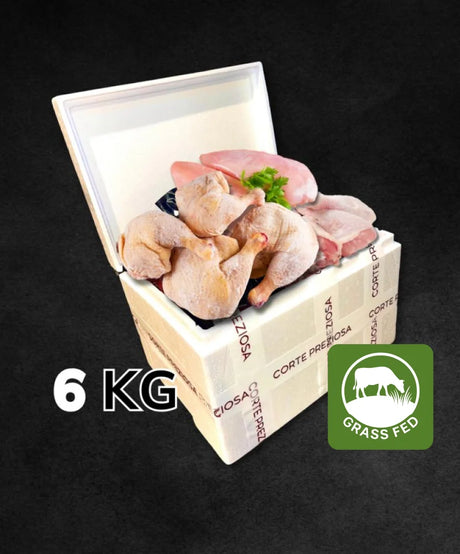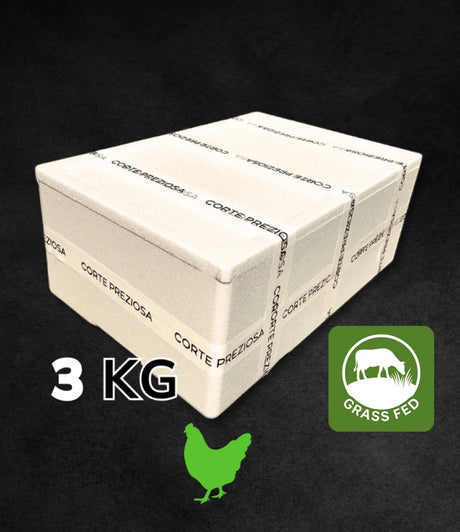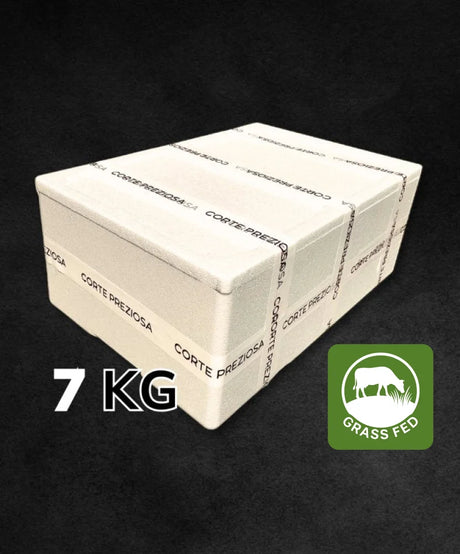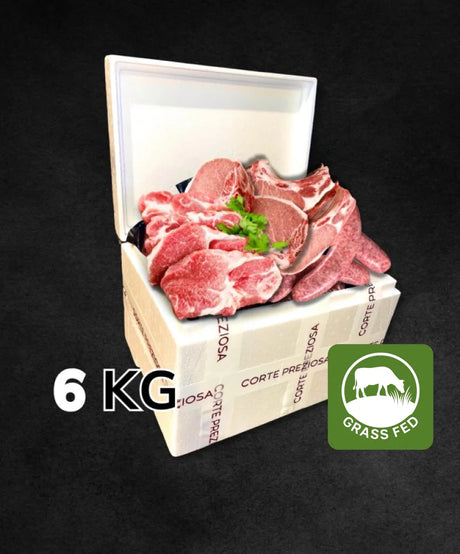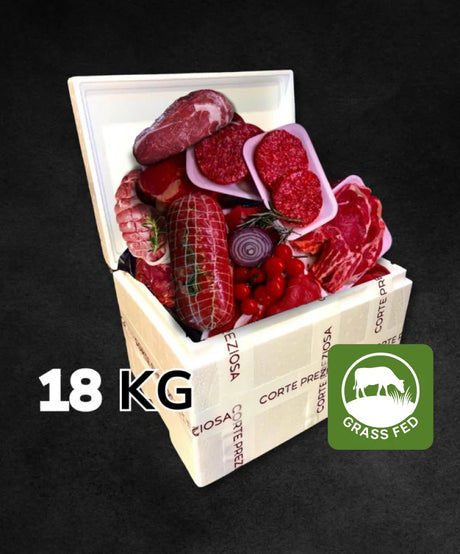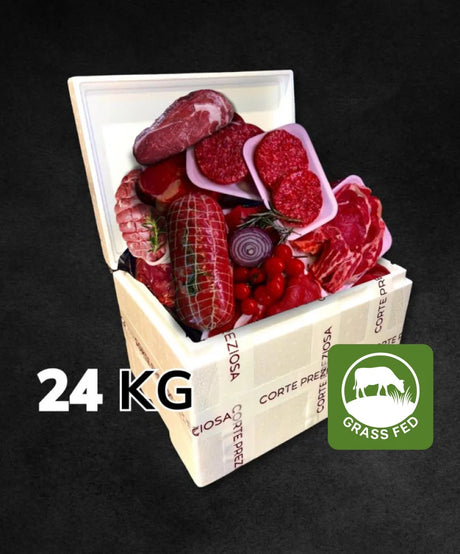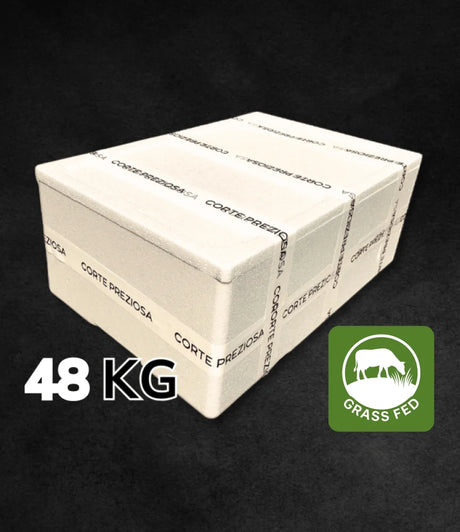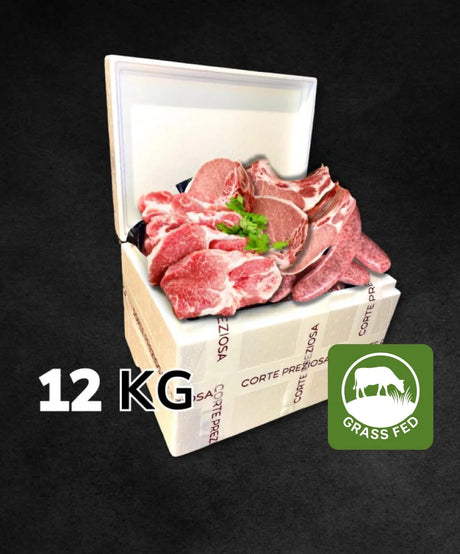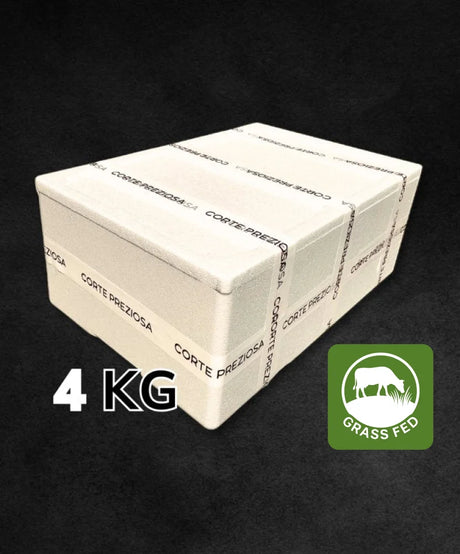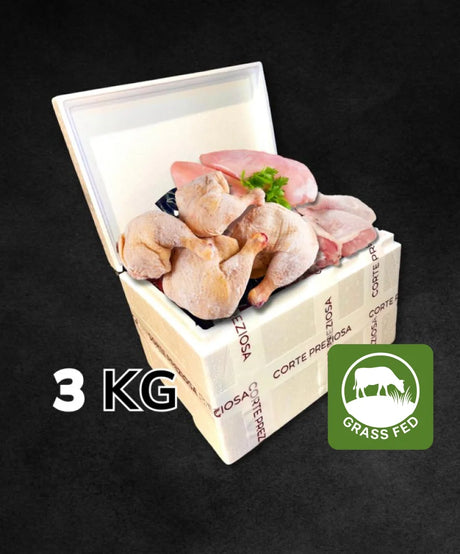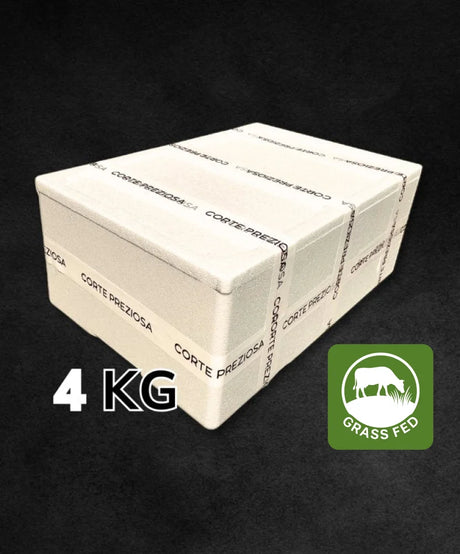The Difference Between Us and Them: A Conscious Choice for the Future
When it comes to choosing the meat we bring to our tables, it is essential to understand the difference between those who produce in a sustainable and natural way and those who follow intensive production models. Today we want to compare ourselves with industrial production and explain why our methods make the difference, not only for the quality of the final product, but also for the health of consumers and respect for the environment. Furthermore, we will clarify how standard butchers and supermarkets, in most cases, source their supplies from industrial producers, compromising the quality and sustainability of the products offered.
1. Very Short Supply Chain with Internal Slaughter vs. Long Supply Chain and Mass Distribution
Us: Our supply chain is very short and also includes internal slaughter. All the production phases of our products take place within our company, including the slaughter of the animals. This allows us to have total control over every aspect of the production process, ensuring maximum respect for the animals and reducing stress during slaughter to a minimum. The internal management of all phases, from animal care to meat processing, allows us to maintain extremely high quality standards and absolute transparency in every step.
They: Standard butchers and supermarkets buy meat mainly from industrial producers who follow a long supply chain, where products travel hundreds or thousands of kilometres, passing through several intermediaries and external slaughterhouses. This approach lengthens the time between production and consumption, increases the risk of contamination and compromises the freshness and quality of the meat. Animals are often subjected to long and stressful transport, negatively affecting the final product on the shelves.
2. Direct Freshness vs. Complicated Supply Chain and Too Many Steps
We: We offer direct freshness, without intermediaries between the field and the table. This means that our product arrives directly from our farm to your kitchen, maintaining all its organoleptic and nutritional characteristics intact.
They: Butchers and supermarkets rely on a complex supply chain, where meat passes through numerous stages from producer to consumer. Each stage reduces the freshness of the product and alters its original quality. In addition, frequent handling and transportation of meat increases the risk of contamination and loss of nutritional value. This type of supply chain makes it impossible to guarantee the same quality and freshness that we offer.
3. Natural Farming vs. Intensive Industrial Farming
Us: Our animals are raised following a natural breeding, in freedom, respecting their growth rhythms and ensuring maximum animal welfare. We do not accelerate development times with artificial feeds, but we rely on a balanced diet and constant care, creating a serene and healthy environment for our animals.
Them: In supermarkets and traditional butchers, meat often comes from factory farms. In these places, animals are kept in small spaces, fed growth-accelerating feed, and subjected to constant stress. This type of farming not only negatively affects the quality of life of the animals, but produces meat with a lower nutritional profile and a higher risk of containing unwanted substances.
4. Health and Nutrition vs. Health Risks
Us: Our meat is synonymous with health and nutrition. Thanks to sustainable farming practices, it is free of hormones, antibiotics and other chemicals. The result is a meat rich in essential nutrients, ideal for those seeking a healthy and genuine diet.
They: Meat from factory farms, often distributed through supermarkets and standard butchers, raises concerns about food safety. Animals raised in these conditions are treated with antibiotics and additives to prevent disease and accelerate growth, and these residues can end up in the meat we consume. This increases risks to human health, compromising the quality of our daily diet.
5. Environmental Sustainability vs. Environmental Impact
Us: Environmental sustainability is a core value for us. We are committed to minimizing environmental impact through practices that respect the natural cycle of life and the surrounding ecosystem. Our very short supply chain reduces resource consumption and CO2 emissions, contributing to a greener future.
Them: Intensive livestock farming, supported by the supply chain of butchers and supermarkets, is among the main causes of pollution and environmental degradation. These production methods use enormous quantities of resources, produce high greenhouse gas emissions and contribute to climate change and biodiversity loss. By choosing meat from this type of production, you indirectly contribute to a model that has a strong negative impact on the environment.
Why Choose Us?
Choosing our meat means making a conscious choice that values your health, animal welfare and environmental protection. Standard butchers and supermarkets rely on long supply chains and industrial producers who sacrifice product quality for quantity and profits. Our difference lies in the values that guide our every decision: respect for nature, passion for quality and a genuine commitment to a sustainable future.
Our very short supply chain, natural breeding and focus on sustainability are our guarantee to offer a healthy, fresh and genuine product, which respects the environment and those who live in it. It is not just about meat, but about a responsible choice for a new way of conceiving food, our planet and the future we want to build for future generations.
---------------------------------------------------------------------------------------
